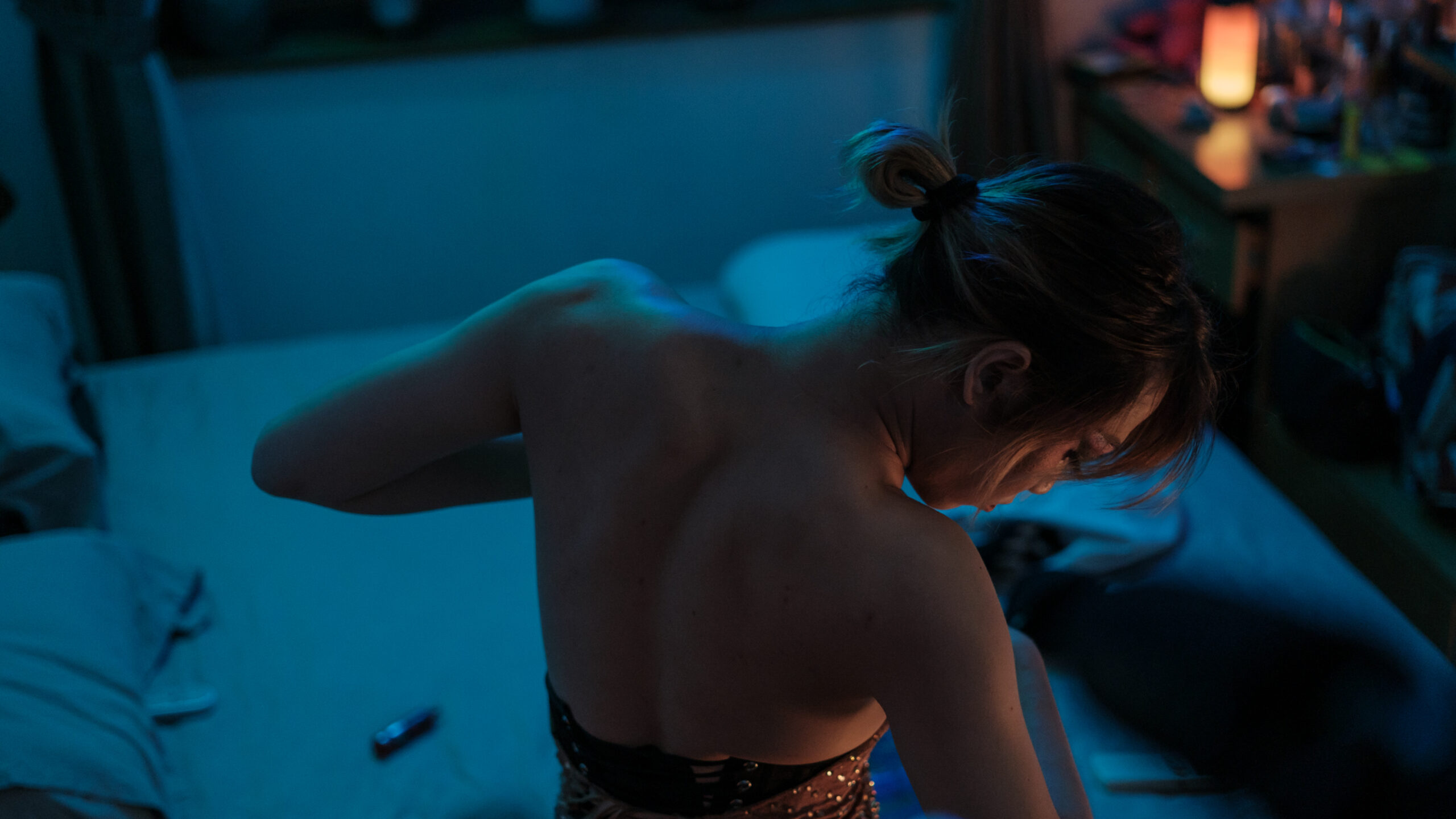Vietnamese-Quebecois director Khoa Lê’s new documentary highlights queer lives in Saigon.
On Friday, Feb. 2, Cinema du Parc hosted the much-anticipated Montreal premiere of Quebecois director Khoa Lê’s documentary, Má Sài Gòn—which has been making the rounds in film festivals since 2023. Má Sài Gòn, which translates to“Mother Saigon” in Vietnamese, fixes its bold and inquisitive gaze upon Saigon’s queer communities, all while triumphing its subjects in their most mundane acts of courage.
Though not explicitly autobiographical, for Lê, Má Sài Gòn represents a profoundly “personal quest” of reckoning with his conflicted feelings towards Vietnam—a motherland that feels both familiar and foreign, both loving and suffocating. “Should I live again one day, I still want to be your son,” is a refrain that echoes throughout the documentary.
Having moved from Saigon to Quebec at the age of six, Lê is now a successful queer filmmaker who seeks to explore the imagined, alternative paths he could have lived if he had stayed in Vietnam. “Connecting with that landscape and those people helps me search for the person I could have been,” he said.
Indeed, there is an undeniable poetic and surrealistic quality to Má Sài Gòn, especially in its dream-like sequences which feature distorted visions of Vietnamese flora and fauna. Borrowing the naturalistic qualities of cinéma vérité, the loving way that Lê’s camera captures hidden beauty in even the most mundane scenes astounds in its subtlety: the studied, careful peeling of a pomelo, framed with the glow of an afternoon sun; the soft bickering of two husbands snuggled up in the same train cabin; the proud, adoring gaze of a mother watching her son’s drag performance for the very first time. These snippets of everyday life—offering so little yet so much—allow viewers to understand Má Sài Gòn’s protagonists in intimate and unexpected ways.
Mimi Ha, a fellow Vietnamese-Quebecois and recent graduate from UQAM who attended the screening, expressed how moved and excited she was to see more diverse representations of Vietnamese people in a Quebecois-made film: “Vietnamese people and culture is so much more than just the typical immigrant boat people story. It makes me feel good to see that, even in Montreal, we can see another side of Vietnam that no one’s really seen yet.”Lê hopes that his work’s resonance with audiences will open up more opportunities for fellow Vietnamese filmmakers to challenge the white-dominated, homogeneous standard in Quebecois cinema: “That is the engine that motivates me to work harder,” he said.
